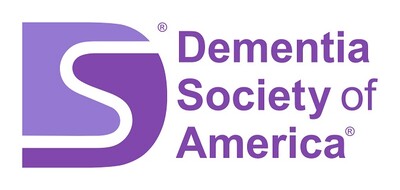DSA Better Brain Nation Magazine Vol 2 Issue 1 - Flipbook - Page 8

1
different parts of the brain. Research
shows that musicians have larger
and more connected brain regions
than nonmusicians. Playing an
instrument improves hand-eye
coordination, problem-solving skills,
and language processing. The more
we engage with music, the more our
brains adapt and improve over time.
2
Helps with Mental Health
Music therapy is used to help
people struggling with mental
health issues such as depression
and anxiety. Playing or listening to
music can be an emotional outlet,
helping people express their feelings
when words are difficult. Upbeat
music can lift spirits, while slower
music can promote relaxation.
Music is even used in hospitals to
help patients manage pain and
recover from illnesses faster.
What Can I Do?
Listen to Music While
Studying or Working.
Choose instrumental or
classical music to “lose track
of time,” which might help
awaken your creativity and
enhance retention. Avoid
songs with lyrics if you need to
read or write, and experiment
with headphones or earbuds
to see if they help or hinder.
Learn to Play an
Instrument. Playing an
instrument, even using your
voice as music, strengthens
brain connections, improves
coordination, and enhances
problem-solving skills. Why
not try the harmonica? It’s
inexpensive, easy to take
with you, and, by its very
nature, is built for the magic
of musical improvisation.
3
Bust a Move for Brain
Health. Dancing or
exercising with music keeps
your brain and body active,
increasing blood flow to the
brain and reducing the risk of
cognitive decline. Put on your
dancing shoes and get moving
with or without a partner,
sway to the rhythm of your
top tunes, or tap your fingers
and feet to your favorite beat.
7
Enhances Social Connection
Music is often a shared experience.
Singing in a choir, dancing to
a song, or attending a concert
with friends creates a sense of
belonging. Studies show that group
music activities release oxytocin,
a hormone that strengthens trust
and intimacy, which helps build
social bonds. This is why music
plays a big role in cultural traditions
and celebrations worldwide.
Encourages Physical Movement
Rhythmic music makes us want
to move! Dancing to music
Better Brain Nation Magazine • Volume 2 | Issue 1